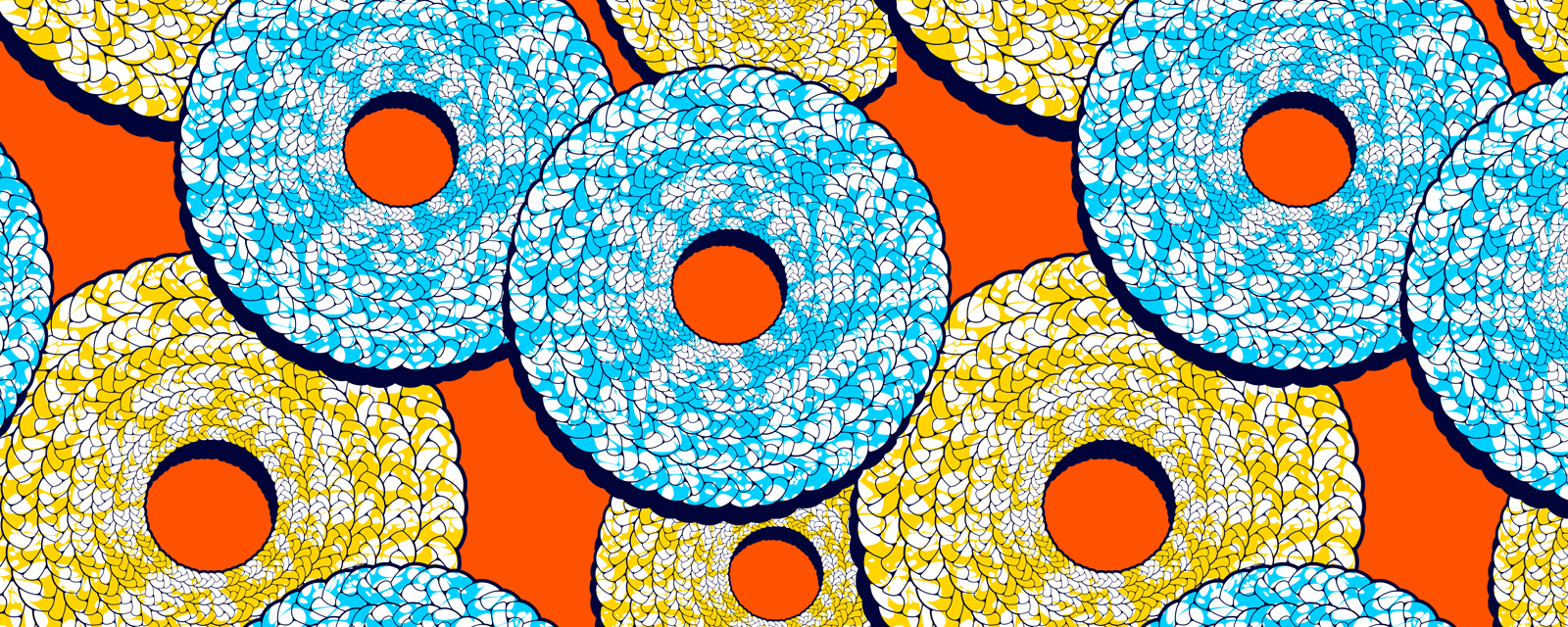Olenguruone is in Nakuru County, in Kenya’s Rift Valley, at the heart of Gikuyu homeland. In the days of Mau Mau, when the fighters for Kenya’s independence made the neighbouring forest their base for attacks on British settlers, the colonial authorities cleared the region under a forced resettlement (or “villagisation”) programme, deporting those who resisted to the detention centre at Yatta or to prisons in Nakuru and Nairobi (see also The Day Kenyatta was Arrested). In 2012, in the High Court, survivors of the Uprising won their case for maltreatment against the British government.
The great sadness occurred in Olenguruone.
Children and livestock were weeping in the heavy rain and bitter cold
Because their homes were destroyed and burned.
The children of Olenguruone saw with their own eyes
Goats, sheep and cattle slaughtered in their bomas.
The Catholic priest was a witness when Olenguruone was destroyed.
All their food, savings and properties destroyed,
Because their homes were destroyed and burned.
Do not accept any advice while you are on the way;
Do not even sign any agreement. (1)
But when they refused to sign agreement,
Some of them were taken to Yatta and others to prison in Nakuru.
A teacher, Koirugo, was arrested.
He told the police,
“I cannot leave the students like orphans.
If you want to arrest me, then come and collect me at the school,
Arrest me and the students.”
When our maize was cut down, (2)
Our God saw and witnessed.
He blessed strawberries and wild animals,
And told us to use them as our daily bread.
from The Swords of Karinyaga,
K. Wachanga (ed. R. Whittier),
(East African Literary Bureau, 1975)
Footnotes
- The agreement to be “villagised”.
- Yatta was a barren place with a semi-arid climate. People were forced to eat what they could gather from the bush.

